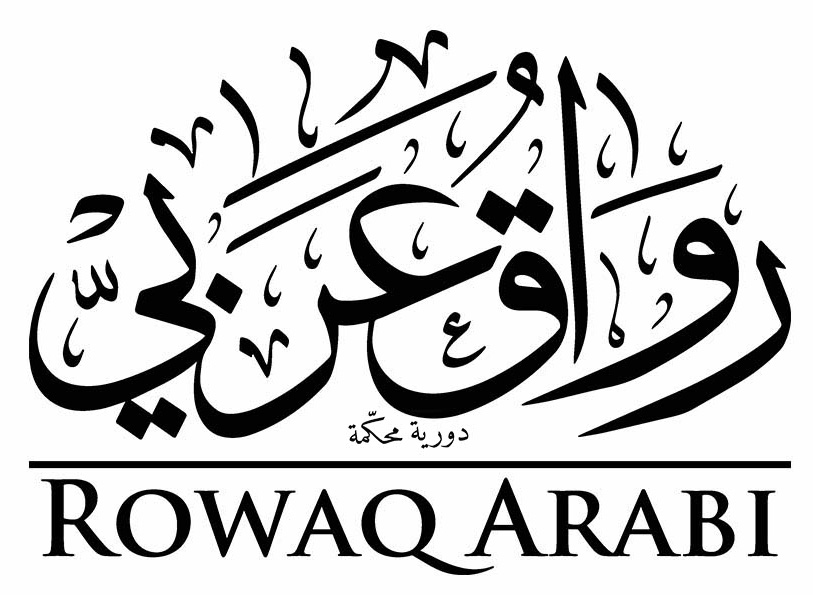Call for Papers: On the 75th Anniversary of the Universal Declaration of Human Rights, What Are the Trajectories of Human Rights Movements Amid Changing Global Dynamics?
On 10 December this year, the world will commemorate the 75th anniversary of the Universal Declaration of Human Rights (UDHR) whose drafters perceived it as ‘a common standard of achievement for all peoples and all nations’. The global human rights regime has significantly expanded since the adoption of the UDHR, providing a space for domestic, international, and transnational resistance of oppression and mobilisation for change. The role of human rights movements and defenders in international relations and domestic politics began to flourish globally and in the Arab region in the 1970s. The normative and institutional framework of international human rights has been given an impetus in the post-Cold War era, amid rising promises and hopes. The changing nature of international politics over the past two decades has, however, posed challenges to the global efficiency and functionality of the global human rights regime. Despite the growing controversy on the future of human rights and if we are living through its ‘endtimes’, human rights continue to inspire and empower activism and social movements all over the world. A trend in the literature however submits that human rights movements need to revisit their tools and strategies to cope with the complex and challenging global reality.
Rowaq Arabi, a peer reviewed journal dedicated to human rights studies, is seeking research papers exploring topics pertaining to the trajectories of international and regional human rights movements in the currently changing political dynamics on the eve of celebrating the 75th anniversary of the UDHR and its implications for the Arab region. The journal calls for the submission of abstracts for original research (in Arabic or English) drawing on interdisciplinary approaches in social sciences, humanities, and law. Abstracts of maximum 150 words should be submitted to [email protected] along with the author’s CV and list of scholarly publications. Additionally, unpublished junior scholars are encouraged to submit full manuscripts instead of abstracts. There is no deadline, and we will process the submissions (of abstracts and full manuscripts) as soon as we receive them until the plan of this issue is complete. The best and most relevant abstracts will be accepted, and authors will be given a convenient period to finalise their full manuscripts, which will be sent to blind peer-reviewing. Authors of approved manuscripts will receive financial remuneration upon publication. Papers that do not follow Rowaq Arabi’s style guidelines—available here—will not be considered for peer-reviewing.
Rowaq Arabi suggests the following sub-topics for research, while welcoming other suggestions relevant to the call as indicated above:
- What are the consequences of the evolving dynamics of the world order and global politics and on the global human rights regime and human rights activism?
- What are the sources of power and influence of human rights movements under the current international and regional geopolitical shifts, including increasingly hostile attitudes towards human rights and liberal democracy in the Global North and South?
- How can we reassess the functionality of international human rights governmental mechanisms in today’s world politics?
- What are the degrees of intersectionality between the human rights movement and social and protest movements and how does this intersectionality lead to the emergence of new forms of human rights activism and mobilisation?
- How effective are international and transnational human rights activism as viable tools of resistance to repression and authoritarianism? And how can we reassess the interdependence between national and international dimensions of human rights activism?
- What are the trajectories and dynamics of international and Arab human rights movements and the evolution of their strategies in different political settings?
- How do international and Arab human rights movements respond to the changing international and national political contexts?
- How relevant are human rights and human rights movements to the struggle for social and political change in the Arab region?
- In a region preoccupied with economic issues that have steadily displaced issues of democracy and human rights, what is the current relationship between human rights movements and the economies they work within?
- How can local human rights movements learn from each other, unmediated by states and international organisations?
- In a historical context, what was the role of Arab human rights movements before the UDHR? Have they contributed to the UDHR itself? And how do we comparatively assess that role in international human rights today?
- Since their emergence, human rights movements in the Arab region have been confronted by rooted patriarchal values and structures, and dominant conservative interpretations of religions (Islam and Christianity). What is the state of affairs currently on these issues?
- Does the ‘failure’ of the Arab Uprisings revive the hypothesis of the Arab region’s chronic ‘exceptionality’ in relation to democracy and freedoms?
- Have the Arab Uprisings helped bridge the gap between universal human rights values and political Islam, or has this become a ‘mission impossible’?
To read more about Rowaq Arabi, its history in print since 1996 and its ongoing online transition, in addition to its publication guidelines, please refer to this link.
Read this post in: العربية

